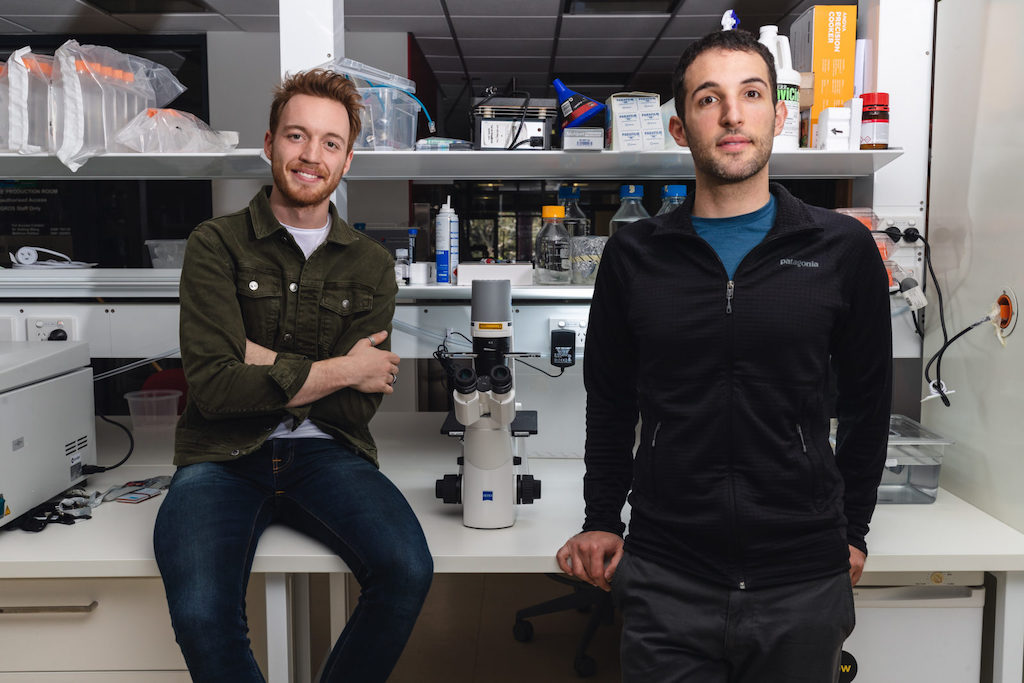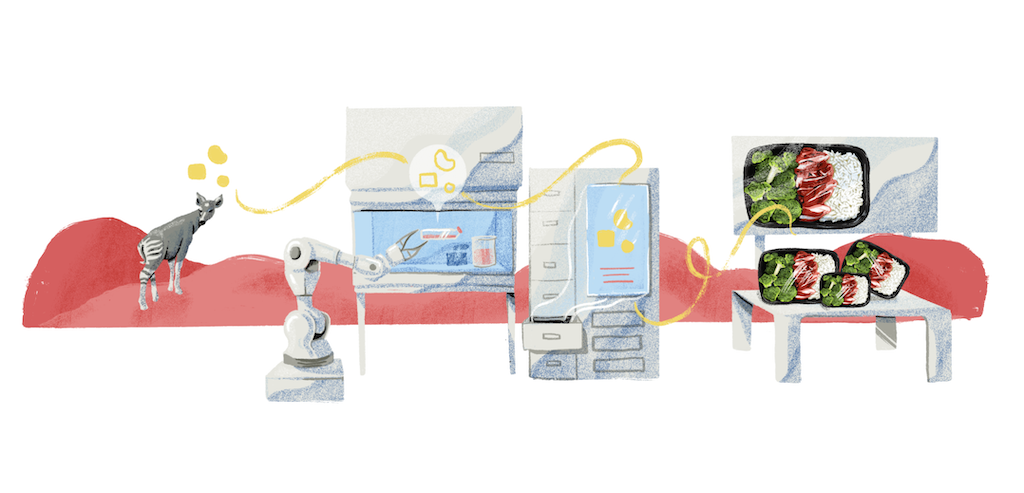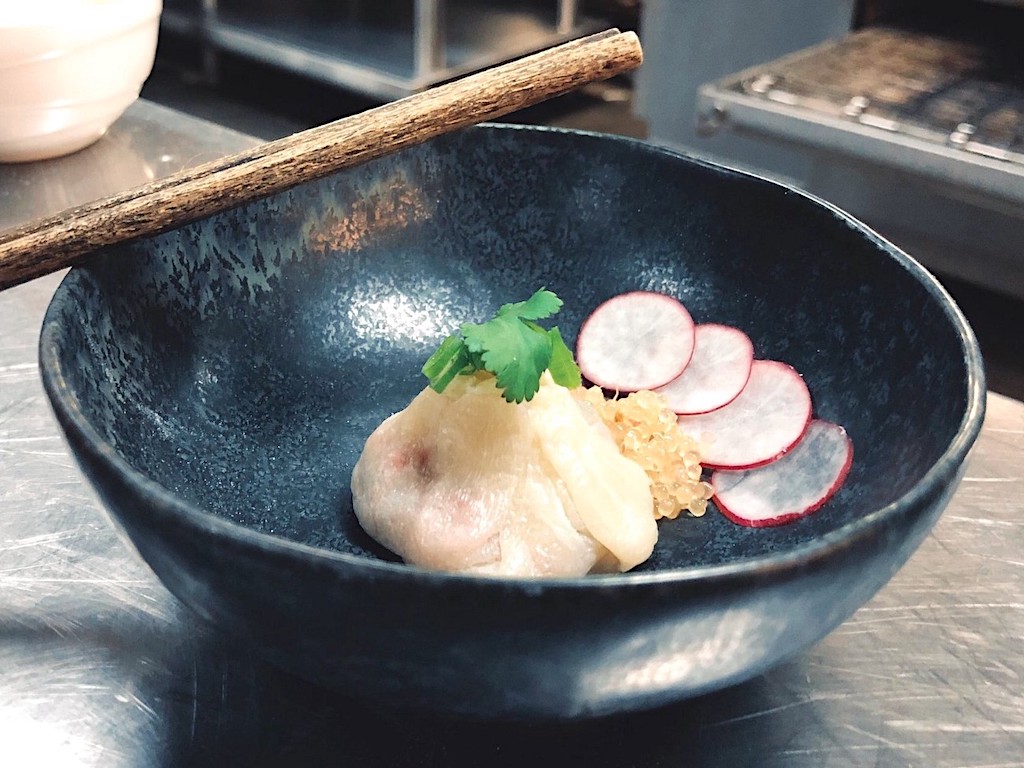4 Mins Read
Sydney-based food tech Vow is ramping up innovation in the cell-based meat industry by developing cultured versions of unconventional exotic animal meats. Unlike many other cultivated meat startups that are working on creating steak, chicken and seafood using cellular agriculture, Vow is dedicated to using the technology to grow products such as tortoise, kangaroo, zebra and yak.
Founded in 2019 by George Peppou and Tim Noakesmith, Vow isn’t just making your typical meat from cells, but is applying cellular agriculture technology to your not-so-common animal protein sources. According to the startup, most of the meat consumed by humans comes primarily from chicken, cattle, pigs, fish and sheep – but with food tech, Vow believes that the human diet can now include a wide variety of delicious yet sustainably produced animal proteins.
“These five animals make up just some 0.02% of the animals out there, so statistically speaking, it is highly likely that the best culinary experience to be found is not within these five animals,” explained Noaskesmith, the co-founder and chief commercial officer of Vow, in conversation with FoodNavigator Asia.
“There have been various historical reports of how delicious the meat of the Galapagos tortoise is, or the rich fat of the dugong – but if we tried to turn these animals into food, the likelihood is that we would decimate their populations,” added Noakesmith. “So Vow is trying to create a new category of food that is not just replicating existing meat options today, but also offering a unique culinary experience.”

Vow is trying to create a new category of food that is not just replicating existing meat options today, but also offering a unique culinary experience.
Tim Noaskesmith, Co-Founder & CCO of Vow
Since the startup launched last year, it has managed to cell-culture kangaroo meat, and used it to create dumplings, marking the first time ever for wild animal meat to be cultivated. The company is now focused on creating an entire “cell library” of both domesticated and exotic animal cell lines, which can be developed into food products by different brands.
Vow will select different specific types of animal cells, based on its functionality, such as taste, protein content and texture, and add ingredients and essential micronutrients to nourish them to grow into a complex finished product. Once placed in cultivators, the cells can form muscle, fat and connective tissue, and ultimately be harvested into a diverse range of meat products for consumers.
“We believe the only way to change the future of food is to master a diversity of options that match needs and desires of different people all over the world. It’s how we’ll make food better than it is today,” the company states on its website.

We believe the only way to change the future of food is to master a diversity of options that match needs and desires of different people all over the world. It’s how we’ll make food better than it is today.
Vow Foods
Looking ahead, Vow hopes to be able to enter the market through foodservice, working with high-end restaurant chefs to show consumers that unconventional unique cell-based meats can offer a delicious culinary experience – and importantly, without the negative impacts associated with conventional meat farming.
Cell-based proteins eliminate the need to raise and slaughter animals, making it not only cruelty-free choice, but one that is far more carbon-friendly and less land-intensive. With food safety becoming a top-of-mind concern amidst the coronavirus pandemic, especially as slaughterhouses become viral hotbeds around the world, many have also looked to cultivated meats as a more hygienic and crisis-resilient alternative that does not contribute to rising antibiotic resistance.
Having recently received a A$25,000 grant from the New South Wales government, the startup hopes to be able to push through its kangaroo meat alternative to market by as soon as 2022, and pave the way for more unconventional cultivated meats in the future.
All images courtesy of Vow.




